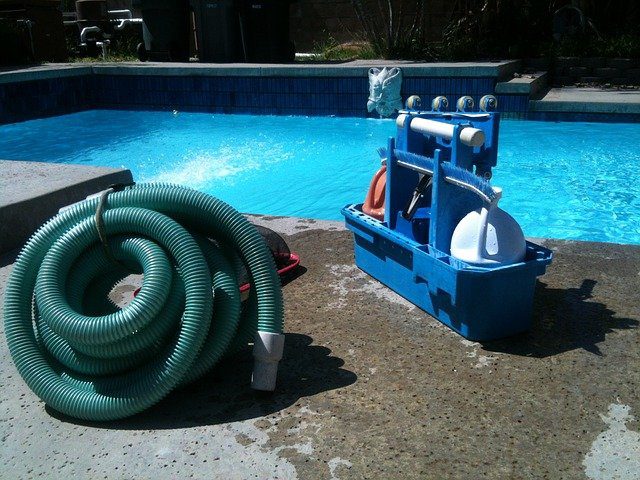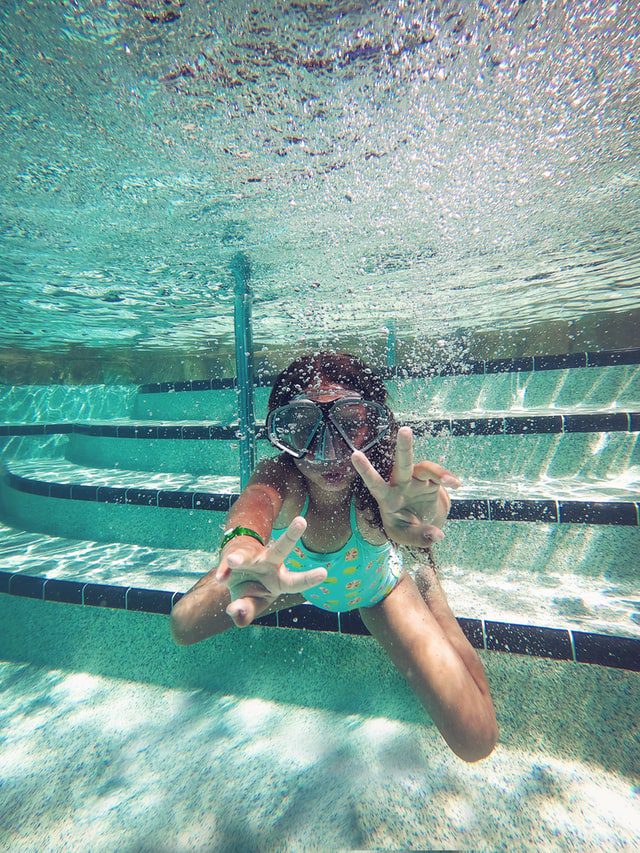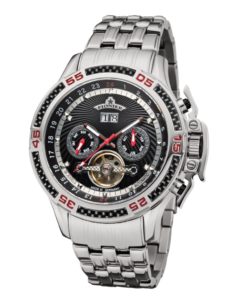When you decide to install a pool on your premises, you receive fun and healthy fitness and many daily maintenance operations to keep it clean and comfortable for use. No matter what size the pool and the material will be, the water should be clean and free of debris, algae, and other organics. The pool needs to be maintained properly so you can have years of enjoyment.
There are different ways to achieve water purity:
- Chemical treatment (ozone, chlorine, bromide)
- Mechanical treatment with simple nets
- Vacuum cleaners
- Robot-vacuum cleaners
If the pool is for constant use and must be filled quickly, it should be equipped with a proper pump that can also be put into the filtration system.
Let’s check the rules of maintenance for a small average residential pool in more detail.
Installation rules
Before discussing any maintenance rules, installing the swimming pool according to the instructions is absolutely required. Otherwise, all later actions will be useless.
The simple rules for all types of swimming pools (especially for framed ones) include:
- The source of water should be located nearby. It can be a hose from a water tap or a water pump with a hose.
- The pool should be located on a horizontal piece of ground better in an open elevated space; in such case, it will be faster heated by the sun. Trees and bushes should not be near the pool as the branches and roots can damage the swimming pool walls. To avoid leaves and other debris, each open-door swimming pool should have a tent used all the time when nobody is swimming.
- The ground for installation should be firm without pumps. Suppose the pool is a small one (up to 5000 liters). In that case, it makes sense to dismantle it for winter to prevent damage from cold temperatures and environmental precipitations. The bigger one (5000 – 50 000 liters) can be dug into the ground and put on the concrete platform.
All other rules are related to the proper choice of equipment and procedures for further maintenance.
Maintenance rules

Water clearness is the main factor of swimming pool maintenance, and it is not related only to transparency but also to the hygienic quality of water. Unfortunately, you fill the water into impurities from the first minute, and debris starts to “attack,” creating pathogenic germs dangerous for the human body.
The main rules of proper maintenances for small swimming pools include:
- Prevention of creation organics in the water and mineral deposits on the walls. For this step, a proper mechanical and chemical treatment is required.
The chemical treatment uses special chemical solutions, cholerine, or ozone to eliminate all organics and harmful microorganisms. Chemical treatment should be performed at least once before putting fresh water at the beginning of each season. Some robotic cleaners can combine mechanical and chemical treatment.
- Mechanical treatment could be performed manually and with different devices. For cleaning small pools, there are several special devices: scoops for taking large objects from the water surface as leaves and debris (could be telescopic to access from one point the entire surface), telescopic brushes to clean the pool’s walls, electric vacuum cleaner for pools (could be manual or automatic), robotic cleaners (for small pools typically too expensive solutions).
The devices mentioned above are aimed to clean dirt and mineral deposits from the walls; to clean the water itself, pumps with filters are required. Some robotic cleaners are equipped with filters; some vacuum cleaners can be attached to the pumps with filters. As it is costly and a lengthy procedure to fill the swimming pool with fresh water every day, filtration systems are a good solution for all types of swimming pools. Filtration systems are generally up to 6 times per day to pass all water from the swimming pool and clean it from the garbage of different sizes; some can add chemicals to perform a complete maintenance cycle. For small swimming, systems are working only with pumps.
The pump capacity is calculated by swimming pool volume. One of the most famous is pumps for the Intex pool on the market. Filters can also be different from sand, activated carbon, or special membranes (cartridges). Pumps used in filtration systems can also be used for water filling and suction.
- Regular control of water quality using special analytical methods. Using the swimming pool after chemical treatment (automatic or manual) without checking pH is forbidden. The neutral pH should be 7-7,8 before using the swimming pool. To check this level, litmus paper is used. For more detailed research of water quality, chemical laboratories are used.
- A regular check of swimming technical pool systems. The essential issue is a change of filters and materials as all impurities are collected there. Without their constant cleaning and change, the filtration systems are inefficient. For proper maintenance, filters should be cleaned at least twice per week. Also, do not forget to maintain the pool pumps in good order and change all required details on time as it is a complicated, expensive dynamic machine.
- Time troubleshooting. Do not leave any electric devices and mechanical systems unattended for an extended period, as any spark can cause the fire.
- Proper winter storage of the small swimming pools should not be forgotten. The general rules depend on the type of pool; if it is a framed pool, it could stay full of water, which will help keep the form and keep under pressure the ground below; inflatable pools should stay in a shelter without water and air inside. All pumps and other electrical equipment should stay according to instructions preferable in the heating shelters.
Conclusion
Expenses for swimming pools are not limited to the walls and water; it is a regular source of money to maintain a pool properly. The water should be hygienic for safe usage; the walls should be clean from contamination. To help with that, the owner can buy special equipment or hire a particular agency or a person to take care of professionally. A small swimming pool requires a medium amount of maintenance time without significant expenses, so following the above advice could be done quickly manually to maintain your pool.
Featured Photo by Melinda Martin on Unsplash




